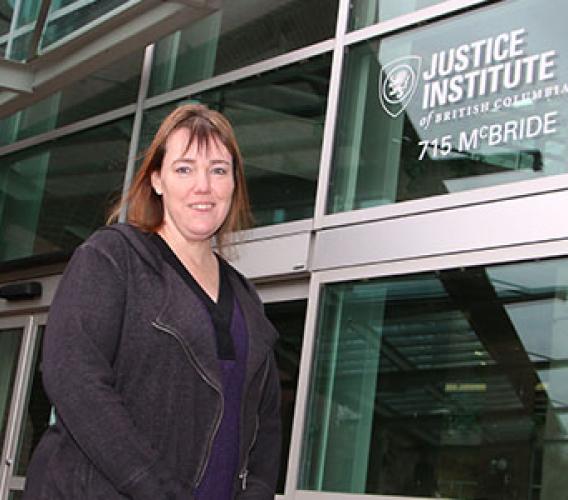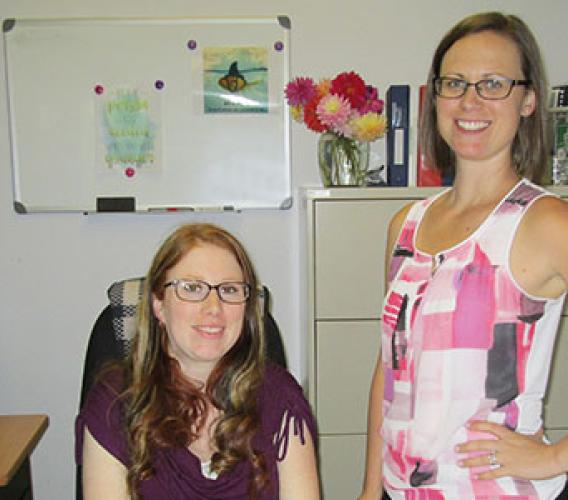How to Become a Community Care Facilities Licensing Officer in BC
Community Care Licensing Officers help to protect the health and safety of the most vulnerable members of our society: children, seniors, and the disabled. They conduct inspections at care facilities, educate providers on licensing regulations, and must possess strong communication, problem-solving, and decision-making skills. CCLOs, employed by provincial health authorities, safeguard vulnerable individuals. The Advanced Specialty Certificate in Community Care Licensing program is unique in Canada and our graduates are well-positioned to seek employment as a licensing officer anywhere in the country.
What do Community Care Facilities Licensing Officer do in BC?
- Inspect and monitor private and public facilities for childcare, youth residential care, residential group care, and long-term care in BC.
- Conduct investigations to ensure compliance with legislation and regulations.
- Provide education and support to licensees.
- Take action to bring facilities into compliance.
If you’re curious and want to explore more about this career, read some of the most asked questions below:
What is a community care facility?
A community care facility refers to a location, whether whole or part of a building, where care is administered to three or more unrelated individuals by a caregiver.
What are the career prospects?
The Ministry of Health states that British Columbia has around 6,000 licensed childcare facilities and 1,050 licensed adult and child residential care facilities. CCLOs align with the WorkBC occupational profile for "Inspectors in Public and Environmental Health and Occupational Health and Safety." They focus on protecting individuals in care through inspection, investigation, and enforcement of relevant legislation, alongside health and safety promotion and education.
What are desired qualifications for a career in community licensing?
- Demonstrates the personality, ability, and temperament necessary for operating a community care facility in a manner that preserves the spirit, dignity, and individuality of those under care.
- Exhibits strong observational skills and can effectively interpret gathered information.
- Displays empathy and the capacity to consider alternative approaches from different perspectives. Is an effective communicator with clear writing skills and the capability to present information effectively.
- Approaches feedback with fairness, providing serious, structured, sensitive, and sensible responses.
How much do Licensing Officers make in Canada?
The typical pay for licensing officers in Canada stands at $64,925 annually or $33.30 hourly. Newcomers typically earn around $60,216 annually, while seasoned professionals can see earnings of up to $86,837 annually.
How can I become a Licensing Officer in BC? What are the requirements?
These requirements are very important for individuals looking for a career working as a licensing officer. If you do not have all the requirements below it is strongly recommended that you acquire them while you are completing the program. Please note that proof of these requirements does not need to be submitted as part of your application to the CCLO program at JIBC.
- Minimum of five years of experience working in a related field.
- Minimum of two years of experience working in a supervisory role.
- Minimum of one post-secondary academic writing course completed.
- Understanding of APA formatting and referencing.
- Valid BC Driver’s License and access to a vehicle.
- Excellent verbal and written communication skills.



